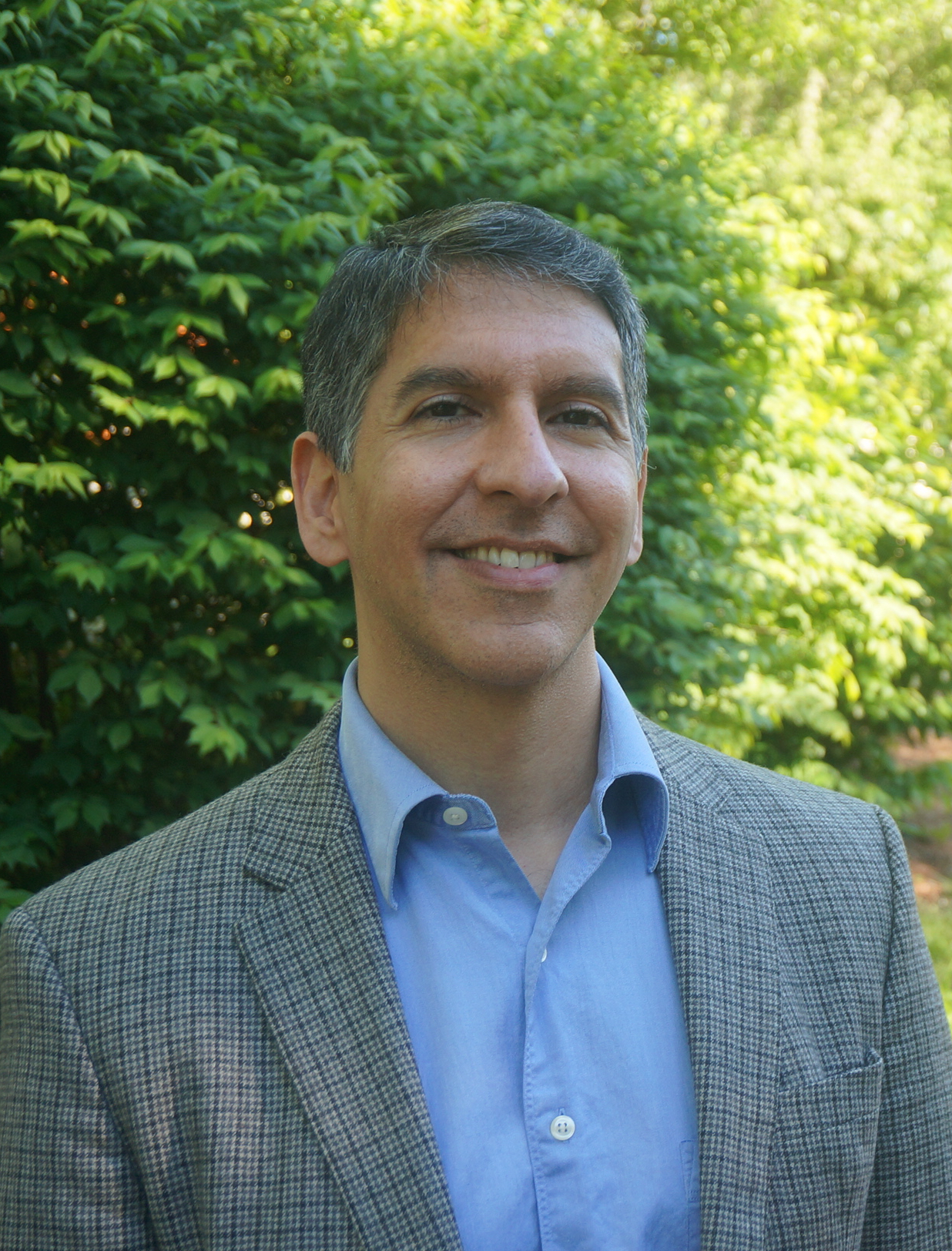
My life as a musician, educator, and researcher has been guided by the conviction that we can make sense of sound. I first explored this idea in the realm of performance. As a classical pianist, I not only learned and performed hundreds of hours of all different sorts of music, but I was also continually trying to figure out what a particular piece of music had to say, and how I might effectively communicate this message to an audience. At first, I felt that the college classes I was taking in music history and theory didn’t help me much in achieving these goals, but their possibilities gradually became clear me. The deeper I went into these fields, the better I became at making sense of sound—at understanding music as if I were reading literature. This knowledge improved my pianism, to be sure, but its greater importance lay in the way it enriched my relationship to music in general. Ultimately, I discovered that music enfolds a whole history of ideas within itself, and is a vital touchstone for the debates that rage within culture at large. Today when I speak and write about music, it is this insight that I seek to share. My goal as an educator is to guide my students so that they may learn, for themselves, how to make sense of sound.
